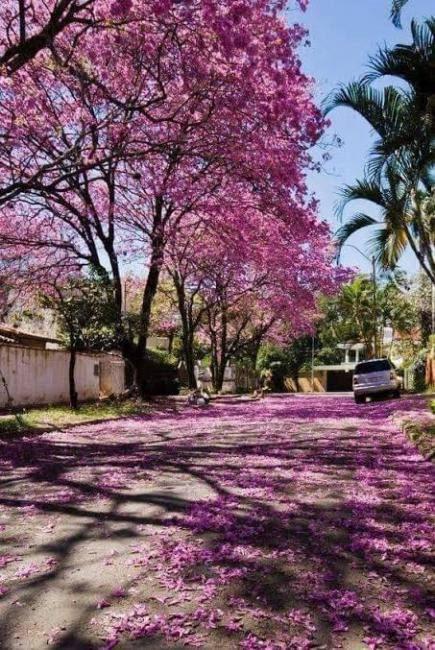The placement of these trees contemplates the section of 60th Street that goes from 45th to 61st and part of 47th through the Plaza de Santa Ana, where when they grow, the Maculí trees will make up a natural tunnel of pink flowering.
The Maculís that are currently being planted were born in bags, were grown in the sun, and are the most suitable species for the Tourist and Gastronomic Corridor.
In addition to the 150 trees, more ornamental plants will also be incorporated in the median of 47th Street and 56-A and 60; as well as new reforestation in the Montejo roundabout, which when expanded will have more plants of this type.
For the planting of these trees to be effective, plants were acquired between 7 and 8 years old with fairly developed roots, so the risk of mortality is minimal. Likewise, an irrigation stage will be carried out so that within 4 weeks the plants will be completely established to begin growing.
It is an emblematic species in Yucatan, ideal for urban reforestation that in the December season adorns with its distinctive pink flowers, providing a unique landscape.
It must be remembered that last April, Yucatán managed to plant one million trees, exceeding the initial goal of 600 thousand within the Declaration for Mérida 2050, with the “Arborizing Yucatán” program, a historic figure was achieved in the conservation of the environment and to continue developing an increasingly sustainable Yucatan.
In the Tourist and Gastronomic Corridor of the Historic Center, in the section of 47th and 60th Street, next to Santa Ana Park, the 1 millionth tree was planted, a Makulis with pink leaves.
With these actions, the state administration reached one million trees planted and, together with the more than 244 thousand of the Mérida City Council, a total of 1,244,084 trees were planted in Yucatán, in the last 5 years in a joint effort between the State and Municipal authorities.
TYT Newsroom


